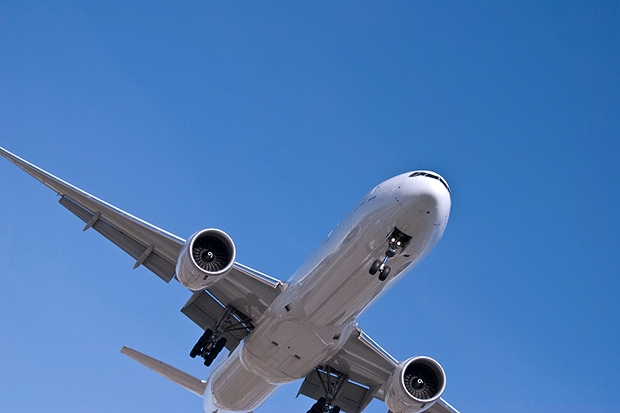The Brexit shall not weaken the European Emission Trading System and not disadvantage companies in continental Europe
“In case of a hard Brexit there shall not be any negative repercussions on climate protection and no competitive distortions to the disadvantage of the European Industry”, explained the environmental policy spokesperson of the largest political Group in the European Parliament (EPP, Christian Democrats) Dr Peter Liese on the occasion of a plenary session‘s decision in Strasbourg.
The Members of the Parliament voted in favour of an amendment, which allows the European Commission to introduce a safeguard mechanism if the UK leaves the EU without any agreement. Beforehand, the text was negotiated by representatives of the Member States and the European Commission, which is why its approval in the Council is considered as certain. “I still hope that there won’t be a hard Brexit. The agreement between Prime Minister Theresa May and President of the European Commission Jean-Claude Juncker strengthens me in my hope at least a little bit. The hardliners in UK shouldn’t have any illusions - we are well prepared for a hard Brexit and we will protect our environment and the companies in the EU,” said Liese. The Commission and the representatives of the Member States have by now agreed to detailed regulations.
The actual reason for the legislation was the stronger contribution of aviation to the European climate targets. The aviation industry will be subject to the linear reduction factor of 2.2 percent like any other industry in the future. Until now, the reduction obligations for airlines were only set at 5% in comparison to 21% for the rest of the industry. The European Commission also has the instruction to gradually increase the share of auctioned allowances. For the rest of the industry a auctioning share of 100% is considered as a rule, while in aviation the share has only been at approximately 15% until now. “Sadly airplanes are the most climate damaging means of transport. Therefore, it is not acceptable that we adopt environmental protection requirements for cars and even for the electricity used by trains as they are covered by the ETS, but only have very week regulations regarding aviation. This will be changed nowstep by step”, said Liese
At least until 2023 the European Emission Trading System will continue to only cover inner-European flights. Intercontinental flights are still excluded from the scope of the ETS, because we still hope for an international agreement by the International Civil Aviation Organization (ICAO). ”So far, the European Parliament is not convinced by what the ICAO has already propounded. There are many loopholes and the proposals are not in line with the goals of the Paris Agreement. Nevertheless, it is a first step in the right direction and therefore we have to build up pressure to use this as a basis for further progress”, said Liese in his concluding remarks.
Background
In case of a hard Brexit it is considered problematic that the British Government will release allowances to companies, although the British companies (Airlines and other companies) are not required anymore to submit these allowances. Thereby the CO2 price in the emission trading could be weakened. Furthermore, this would constitute a competitive distortion in disadvantage of the companies on the continent.
The EU institutions have already agreed that allowances which are created as from 1st January 2018 (...) shall be identified by a country code and shall be made distinguishable according to the year of creation so that these marked allowances could no longer be surrendered in order to meet compliance obligations under the EU ETS.
In an expert panel composed of Member States and the European Commission the decision was taken that if the British Government moves the deadline for the compliance of the 2018 allowances from the 30th April 2019 to the 15th March 2019, so before the planned date for the Brexit, until the end of this year there won’t be any changes to the current system. The corresponding draft legislation is already available. If this doesn’t happen the specific allowances will be labelled, so that they would not be valid for use after a hard Brexit.


